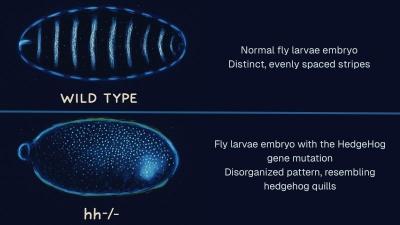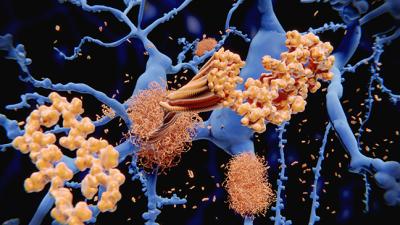Research Reveals How the Brain Can Increase Resilience to Disease
A team of researchers at RPI, in collaboration with the University of South Florida, University of North Carolina, and The Neural Stem Cell Institute, have made a discovery that opens the door to new treatments for Alzheimer’s disease and other brain disorders.







